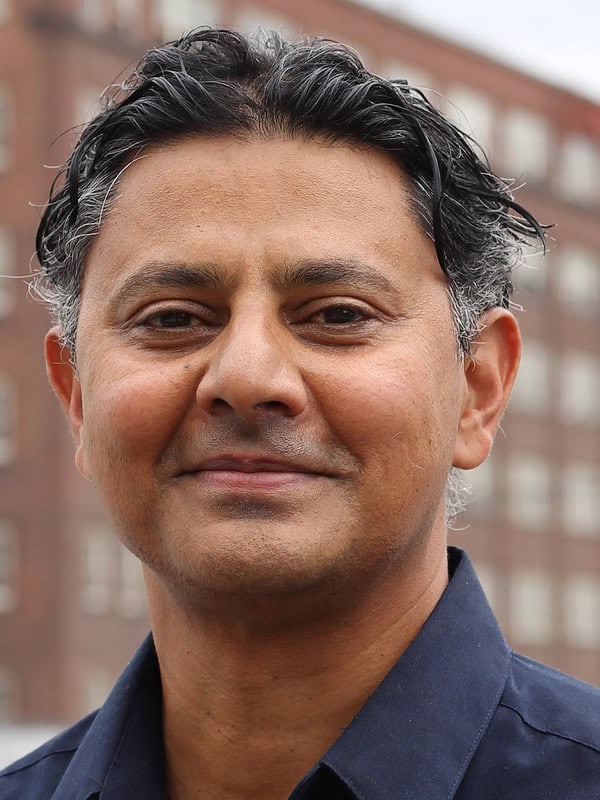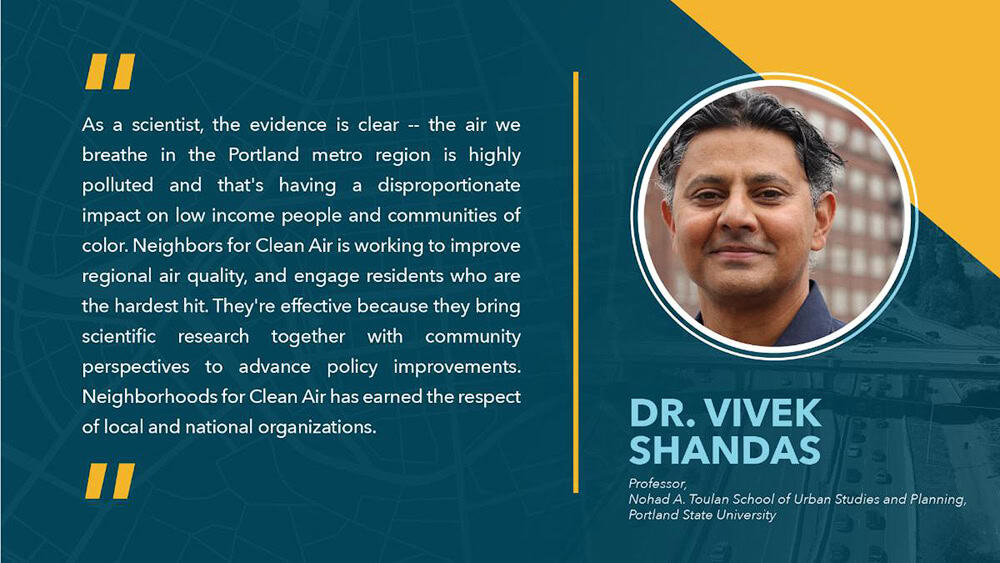Climate Resilience Summit
Effective Planning for CCRCs
Register now to reserve your seat at the Climate Resilience Summit at Rose Villa on November 1, 2024.

Keynote Speaker
Dr. Vivek Shandas
Nohad A. Toulan School of Urban Studies and Planning
Portland State University
Professor Vivek Shandas specializes in developing strategies for addressing the implications of climate change on cities. His teaching and research examine the intersection of exposure to climate-induced events, governance processes, and planning mechanisms.
As the Founder and Director of Sustaining Urban Places Research (SUPR), he brings a policy-relevant approach to research, including the evaluation of environmental stressors on human health, the development of indicators and tools to improve decision-making and the construction of frameworks to guide the growth of urban regions.

Selected Video Clips
Here are a few short clips of Dr. Shandas discussing his current projects. If you’re interested and have the time, please check out the full videos on YouTube.
About Vivek Shandas
2 mins.
In this Zoom webinar, Professor Vivek Shandas talks about climate change and urban infrastructure. He discusses the challenges of updating cities for climate change, solutions involving trees and energy systems, and how communities can work together, especially those historically left out.
Urban Heat Island Effect
12 mins.
PBS Weathered: Cities are getting dangerously hotter because of the Urban Heat Island Effect, where urban areas heat up more than rural areas. Dr. Vivek Shandas says planting trees is one of the best ways to help cool cities. In 2021, during a record-breaking heatwave in Portland, some areas were 25°F hotter than others. This is partly due to old racist housing practices, like redlining, which has left some areas more vulnerable to heat.
Tools for Identifying Green Spaces
1 min.
This Zoom recording explains how past discrimination, such as redlining, has worsened climate problems. Dr. Shandas uses tools to evaluate cities and supports involving communities in climate science to reduce the unequal impact of urban heat.
